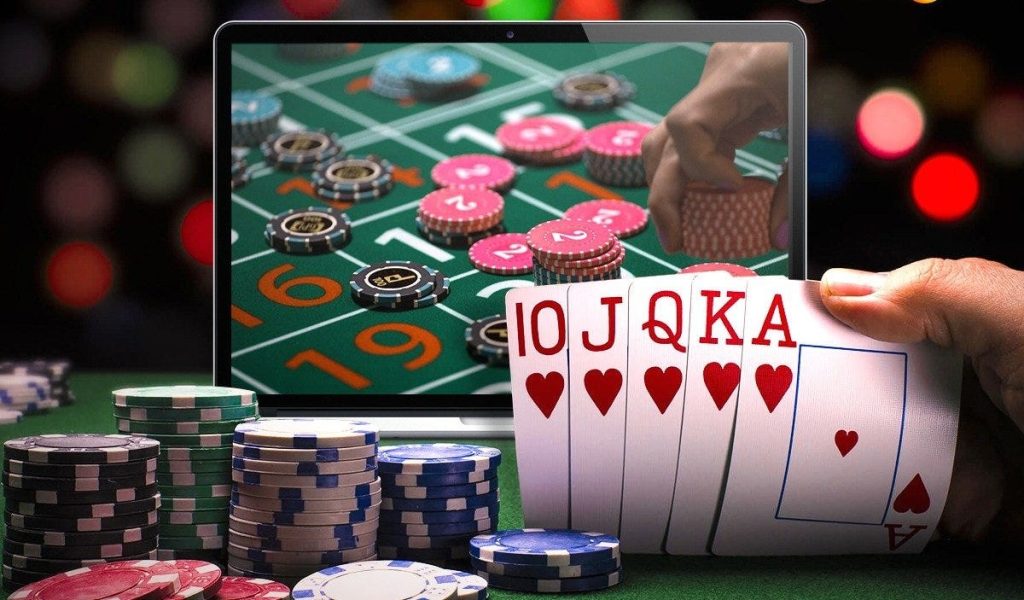Gambling can be an enjoyable and exciting pastime when done responsibly. However, it’s essential to approach gambling with caution to avoid potential pitfalls and negative consequences. Responsible gambling means making informed decisions, setting limits, and maintaining control over your gambling habits. Here are some tips and strategies to help you gamble responsibly.

Set a Budget and Stick to It
One of the most important steps in responsible gambling is setting a budget. Determine how much money you can afford to lose without affecting your financial stability. This should be an amount that you are comfortable with and can afford to spend on entertainment. Once you’ve set your budget, stick to it. Avoid chasing losses by spending more money than you initially planned.
In addition to setting a financial budget, it’s crucial to establish time limits for your gambling activities. Decide how much time you can spend gambling each day or week and adhere to this schedule. Setting time limits helps prevent excessive gambling and ensures that you balance gambling with other important aspects of your life.
Know the Odds
Understanding the odds and probabilities of the games you’re playing can help you make informed decisions. Recognize that the house always has an edge, meaning that the casino is likely to win in the long run. Being aware of this can help you manage your expectations and make more rational choices while gambling.
One of the most common mistakes gamblers make is trying to win back money they’ve lost by continuing to gamble. This is known as chasing losses and can lead to even greater losses. If you find yourself losing, it’s important to accept it as part of the gambling experience and not try to recover your losses by betting more money.
Take Regular Breaks
Taking regular breaks while gambling can help you stay focused and prevent impulsive decisions. Stepping away from the game for a few minutes can give you a chance to reassess your situation and make more rational choices. It’s also a good way to ensure that you don’t lose track of time or spend more money than intended.
Emotions can significantly impact your decision-making abilities. It’s best to avoid gambling when you’re feeling stressed, depressed, or overly excited. Emotional gambling can lead to poor choices and increased losses. Ensure that you’re in a calm and rational state of mind when you decide to gamble.
Use Gambling Tools and Resources
Many casinos and online gambling sites offer tools and resources to help you gamble responsibly. These can include self-exclusion options, deposit limits, and time-out features. Take advantage of these tools to help you stay in control of your gambling habits.
If you find that gambling is becoming a problem or if you’re struggling to control your gambling habits, seek support. Many organizations provide help and support for individuals with gambling issues. Talking to a professional counselor or joining a support group can provide valuable assistance and help you regain control.
Keep Gambling Fun
Remember that gambling should be a form of entertainment, not a way to make money. Keep it fun by treating it as a recreational activity and not a source of income. When the fun stops, it’s time to stop gambling.
Stay informed about responsible gambling practices and continuously educate yourself on how to maintain healthy gambling habits. Knowledge is a powerful tool in preventing gambling-related problems and ensuring a positive gambling experience.
Recognize the Signs of Problem Gambling
It’s crucial to be aware of the signs that gambling might be becoming a problem. Some indicators include:
- Spending more money and time on gambling than intended
- Hiding gambling activities from friends and family
- Borrowing money or selling possessions to gamble
- Neglecting responsibilities at work, school, or home due to gambling
- Feeling anxious, irritable, or depressed when not gambling
- Attempting to stop gambling but being unable to do so
Recognizing these signs early can help you take proactive steps to address the issue before it escalates.
Create a Balanced Lifestyle
Ensure that gambling is just one part of a balanced lifestyle. Engage in other activities that you enjoy and that bring you fulfillment, such as spending time with family and friends, pursuing hobbies, exercising, or volunteering. A balanced lifestyle can help you maintain a healthy perspective on gambling and prevent it from becoming the main focus of your life.
Financial Management
Good financial management is key to responsible gambling. Keep track of your gambling expenditures and ensure that they do not interfere with your financial obligations. Use separate accounts or budgets for gambling money to prevent overspending and ensure that you always have enough money for essential expenses.
Develop Healthy Gambling Habits
Developing healthy gambling habits is essential for long-term enjoyment and safety. This includes:
- Setting clear rules for yourself about when and how you gamble
- Keeping track of your wins and losses to understand your gambling behavior
- Avoiding gambling when under the influence of alcohol or drugs, as these can impair your judgment
- Gambling only with money that you can afford to lose, without expecting to win back losses
Communication and Support
Open communication with friends and family about your gambling habits can provide additional support and accountability. They can help you stay on track with your goals and provide a different perspective if they notice any concerning behaviors.
Utilize Self-Assessment Tools
Many gambling websites and organizations offer self-assessment tools that can help you evaluate your gambling habits. These tools can provide insights into your behavior and highlight any areas where you might need to make changes.


Leave a Reply